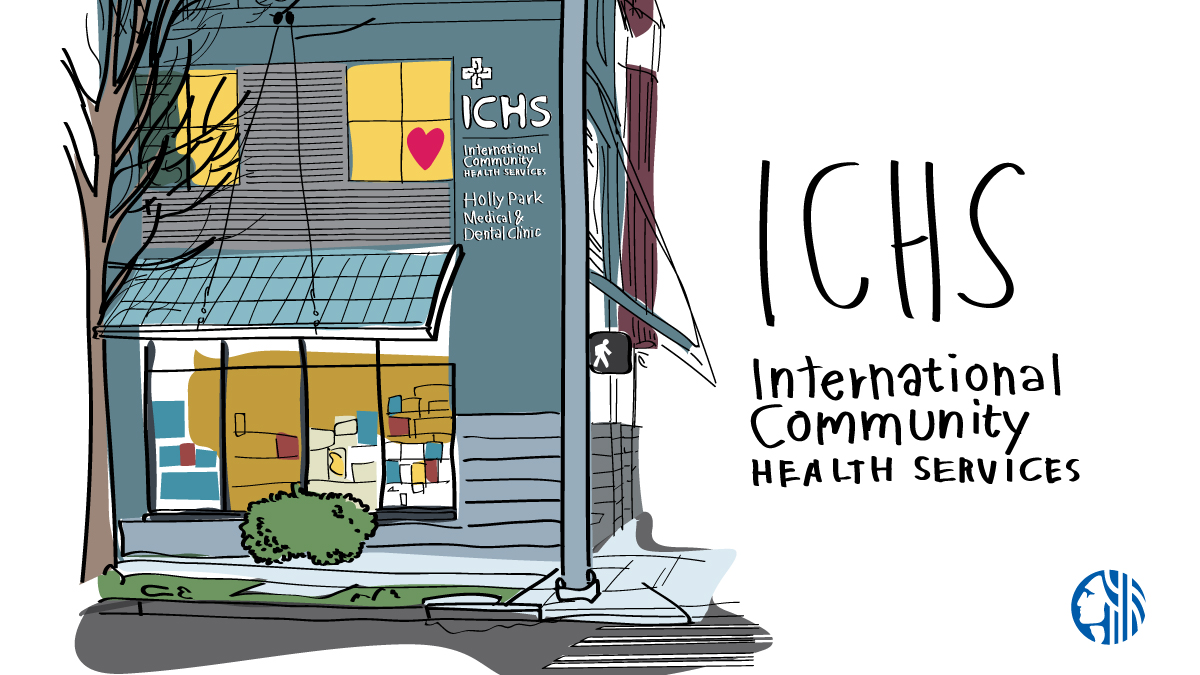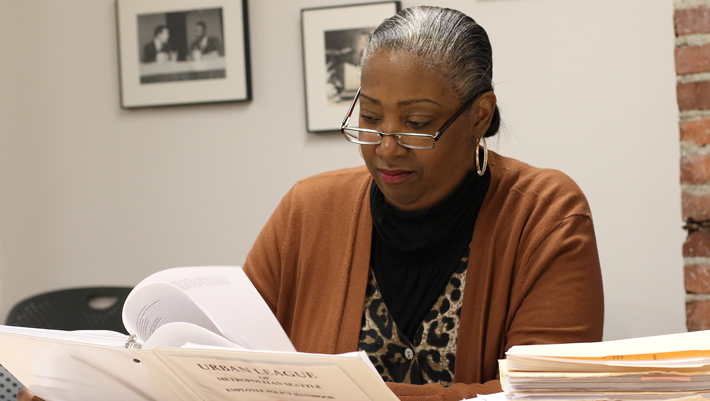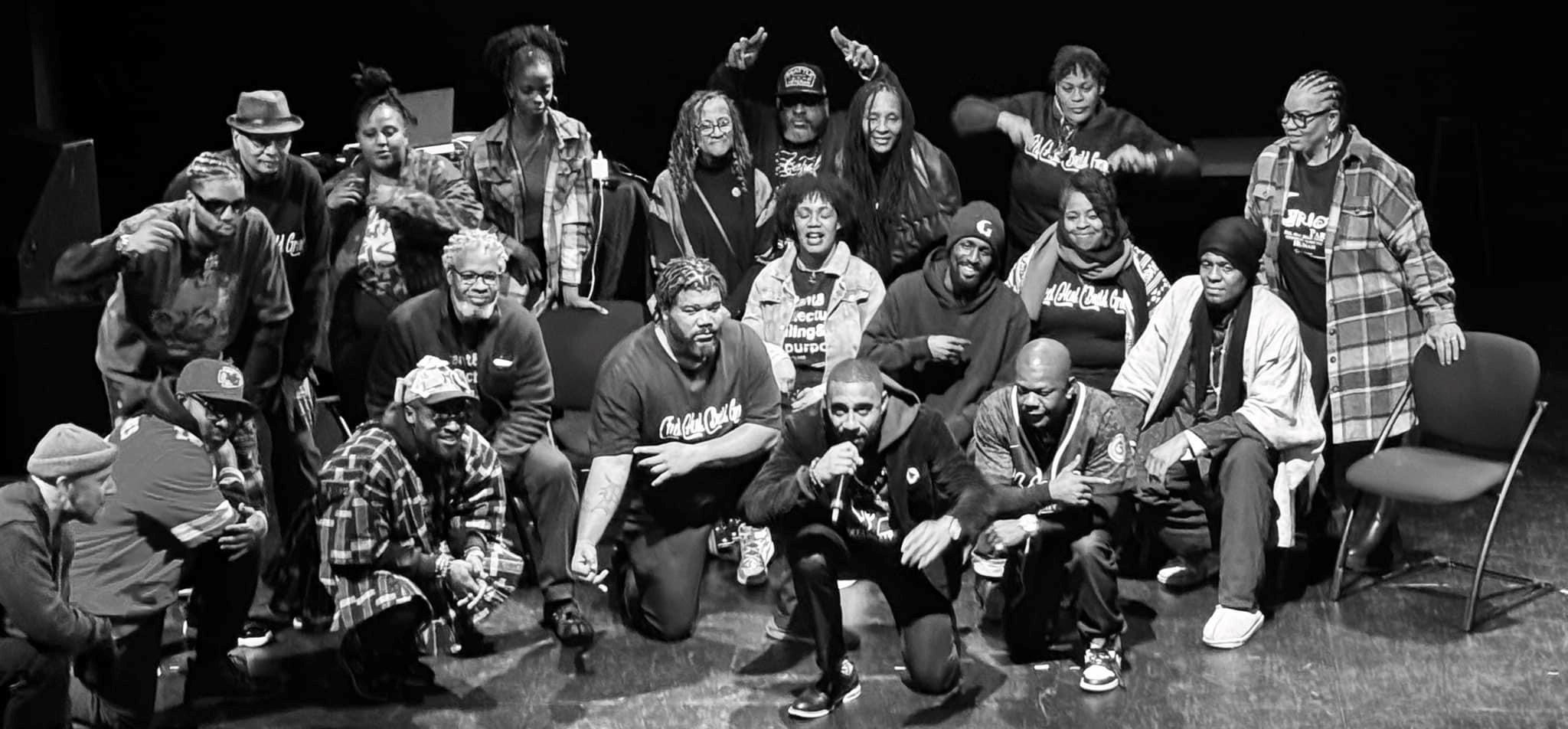
In celebration of Asian American, Native Hawaiian, and Pacific Islander (AANHPI) Heritage Month, we are hosting a series of profiles and stories to amplify and honor people, businesses, organizations, and projects connected to the history of Seattle’s AANHPI community.
In the early 1970s, accessible medical care for Asian immigrants was next to impossible and finding a doctor who spoke their language was simply out of the question. The closest community clinic was in Pioneer Square, which was often too far for elderly patients to reach by foot. With construction of Interstate 5 and the Kingdome threatening displacement, the community knew that if they wanted culturally competent medical services, they would have to do it themselves.
With donated space from Dr. Eugene Ko, owner of Jefferson Park Clinic in Beacon Hill, a group of dedicated community advocates banded together to establish the Asian Community Health Clinic in 1973. The clinic was open Tuesday nights and eventually Saturday mornings and provided in-language medical services for elderly immigrants living in single room occupancy hotels in the area. The all-volunteer staff included doctors, interpreters, and mental health professionals.
In 1975, the clinic moved to the Chinatown International District and became the International District Community Health Center, or the ID Clinic as it is still known to many area residents. The clinic was the first in the nation to serve a primarily Asian population in one location. By the mid-1990s, services expanded to South Seattle, and the clinic was renamed International Community Health Services (ICHS).
Over the years, ICHS has reflected the growth in both population and diversity of the Puget Sound region. New facilities have opened in South Seattle, Bellevue, and Shoreline, and in 2018, ICHS officially took over the operation of Legacy House in Chinatown International District. Legacy house provides assisted living, adult day care, and a congregate meal program as part of a comprehensive Healthy Aging and Wellness Program.
Through changes in names, locations, and services one thing has remained constant over the past 40 years – the mission to “provide culturally and linguistically appropriate health and wellness services to anyone in need, and to promote equity for all.”
To learn more about ICHS and their services visit www.ichs.com


